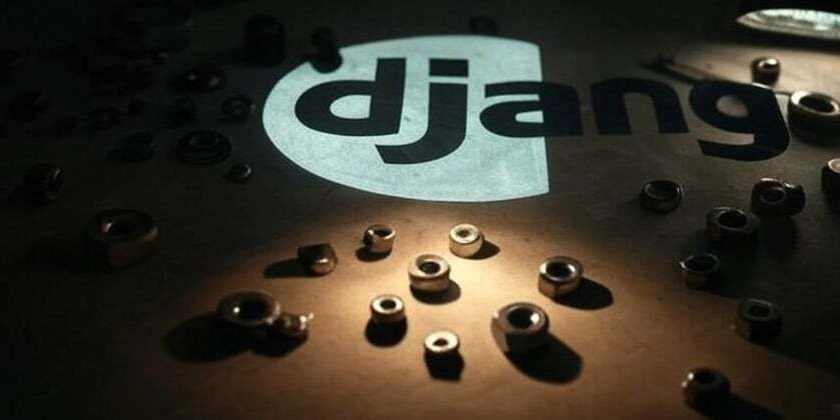Team Coaching: Exploring the Dunning-Kruger Effect to Enhance Performance
The Dunning-Kruger Effect is a cognitive bias where individuals with low ability at a task overestimate their competence, while those with high ability may underestimate theirs. As team coaches, understanding this effect can help us enhance team performance and individual development. Here’s how: Promoting Self-Awareness and Continuous Learning • Facilitate Self-Assessment: Use retrospectives and feedback sessions to help team members reflect on their performance and identify areas for improvement. • 360-Degree Feedback: Provide a holistic view of an individual’s skills and performance through structured feedback from peers, managers, and subordinates. • Collaborative Tools: Create boards in tools like Miro to facilitate engaging and interactive retrospective sessions. • Foster a Growth Mindset: Encourage the belief that abilities can be developed through dedication and hard work, helping team members embrace challenges and learn from feedback. Providing Constructive Feedback • Regular Feedback Loops: Implement 1:1 sessions to provide timely, specific, and actionable feedback. This helps individuals understand their actual performance and areas needing improvement. • Supportive Delivery: Ensure feedback is delivered in a constructive and supportive manner to build trust and encourage growth. • Peer Reviews: Encourage team members to evaluate each other’s work. This helps identify blind spots and provides diverse perspectives on performance. Why This Matters By addressing the Dunning-Kruger Effect through self-awareness, constructive feedback, and a growth mindset, team coaches can: • Help individuals accurately assess their skills and capabilities. • Foster a culture of continuous learning and improvement. • Build high-performing teams that thrive on collaboration and innovation.
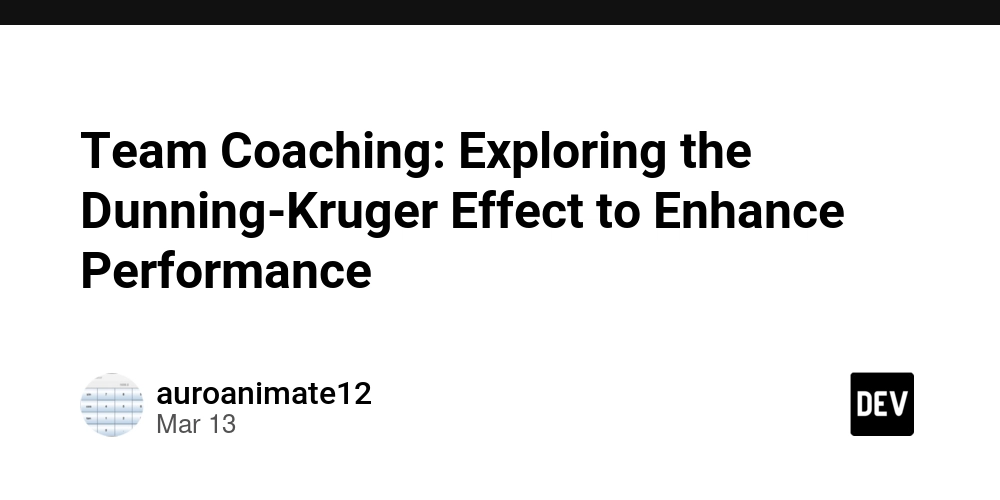
The Dunning-Kruger Effect is a cognitive bias where individuals with low ability at a task overestimate their competence, while those with high ability may underestimate theirs. As team coaches, understanding this effect can help us enhance team performance and individual development. Here’s how:
- Promoting Self-Awareness and Continuous Learning • Facilitate Self-Assessment: Use retrospectives and feedback sessions to help team members reflect on their performance and identify areas for improvement. • 360-Degree Feedback: Provide a holistic view of an individual’s skills and performance through structured feedback from peers, managers, and subordinates. • Collaborative Tools: Create boards in tools like Miro to facilitate engaging and interactive retrospective sessions. • Foster a Growth Mindset: Encourage the belief that abilities can be developed through dedication and hard work, helping team members embrace challenges and learn from feedback.
- Providing Constructive Feedback • Regular Feedback Loops: Implement 1:1 sessions to provide timely, specific, and actionable feedback. This helps individuals understand their actual performance and areas needing improvement. • Supportive Delivery: Ensure feedback is delivered in a constructive and supportive manner to build trust and encourage growth. • Peer Reviews: Encourage team members to evaluate each other’s work. This helps identify blind spots and provides diverse perspectives on performance. Why This Matters By addressing the Dunning-Kruger Effect through self-awareness, constructive feedback, and a growth mindset, team coaches can: • Help individuals accurately assess their skills and capabilities. • Foster a culture of continuous learning and improvement. • Build high-performing teams that thrive on collaboration and innovation.









































































































































































![[The AI Show Episode 142]: ChatGPT’s New Image Generator, Studio Ghibli Craze and Backlash, Gemini 2.5, OpenAI Academy, 4o Updates, Vibe Marketing & xAI Acquires X](https://www.marketingaiinstitute.com/hubfs/ep%20142%20cover.png)














































































































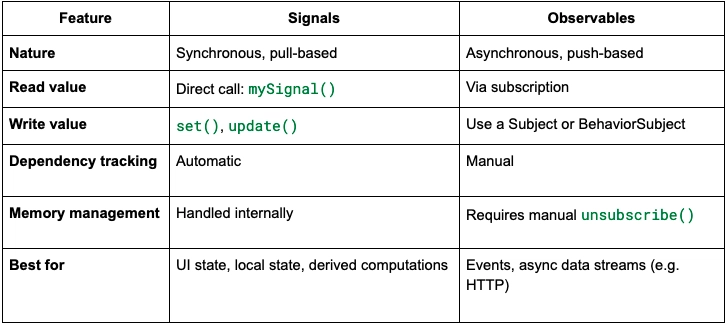
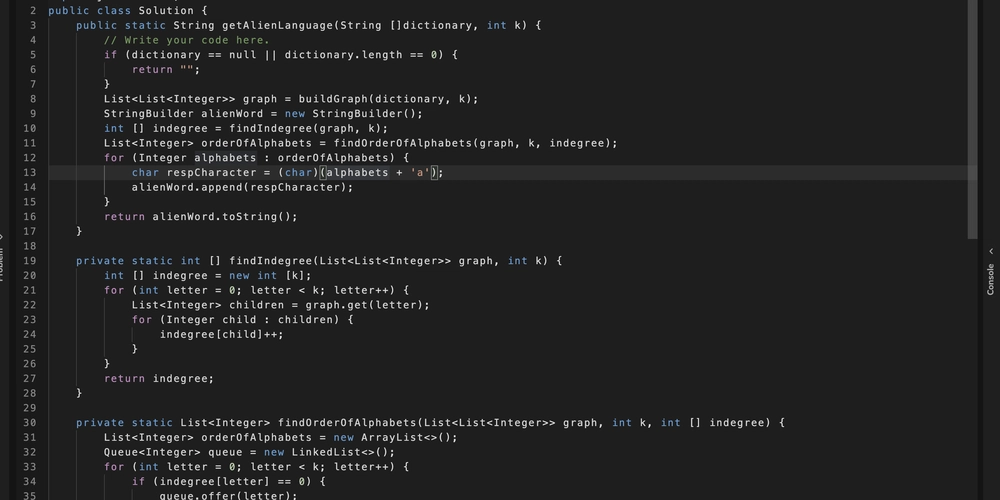
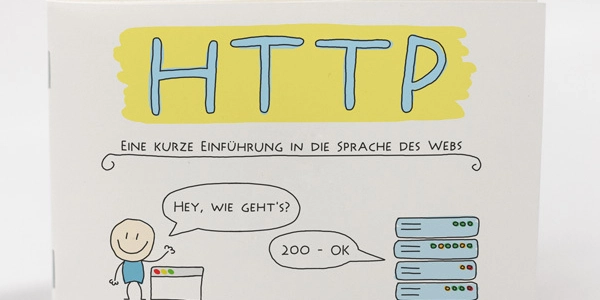









![[FREE EBOOKS] The Kubernetes Bible, The Ultimate Linux Shell Scripting Guide & Four More Best Selling Titles](https://www.javacodegeeks.com/wp-content/uploads/2012/12/jcg-logo.jpg)



![From drop-out to software architect with Jason Lengstorf [Podcast #167]](https://cdn.hashnode.com/res/hashnode/image/upload/v1743796461357/f3d19cd7-e6f5-4d7c-8bfc-eb974bc8da68.png?#)



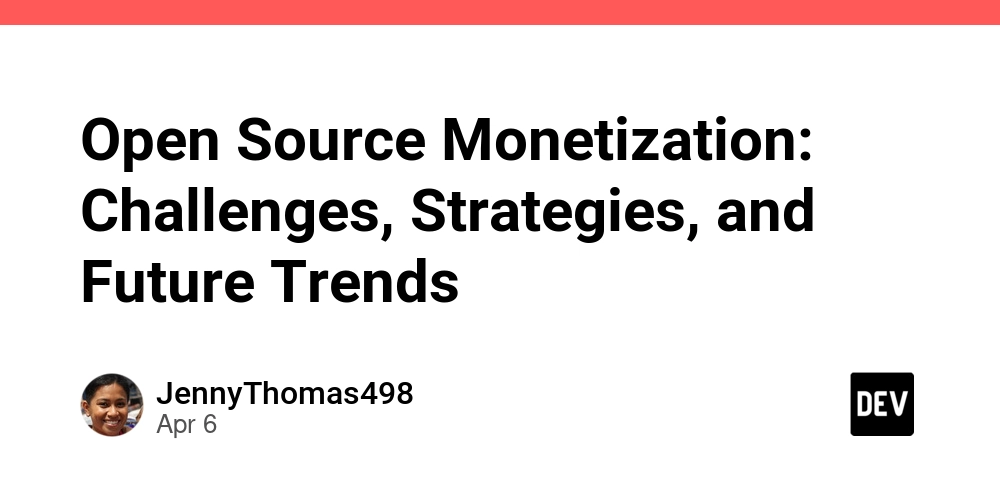



































































































.png?#)




.jpg?#)


















 (1).webp?#)













_Christophe_Coat_Alamy.jpg?#)







































































































![Rapidus in Talks With Apple as It Accelerates Toward 2nm Chip Production [Report]](https://www.iclarified.com/images/news/96937/96937/96937-640.jpg)






































































































































